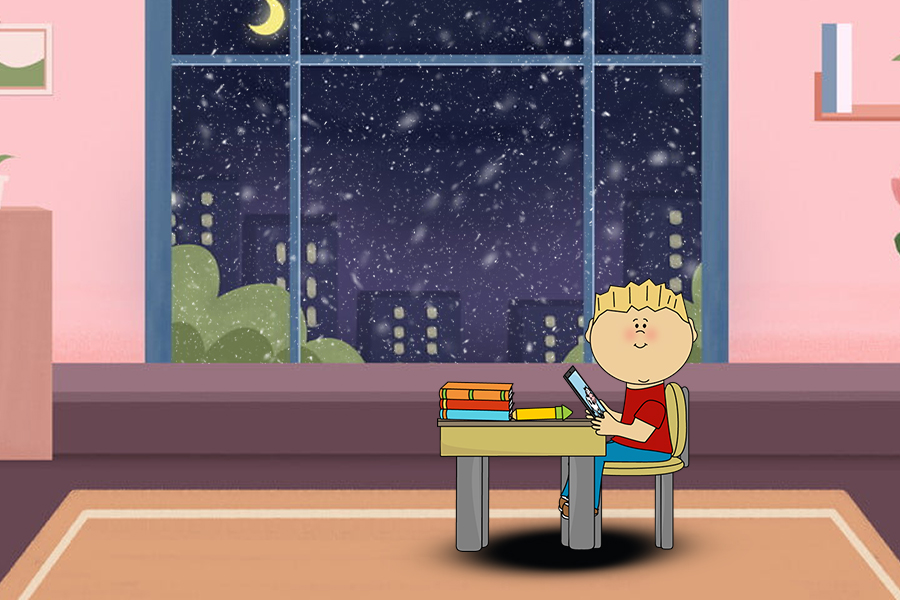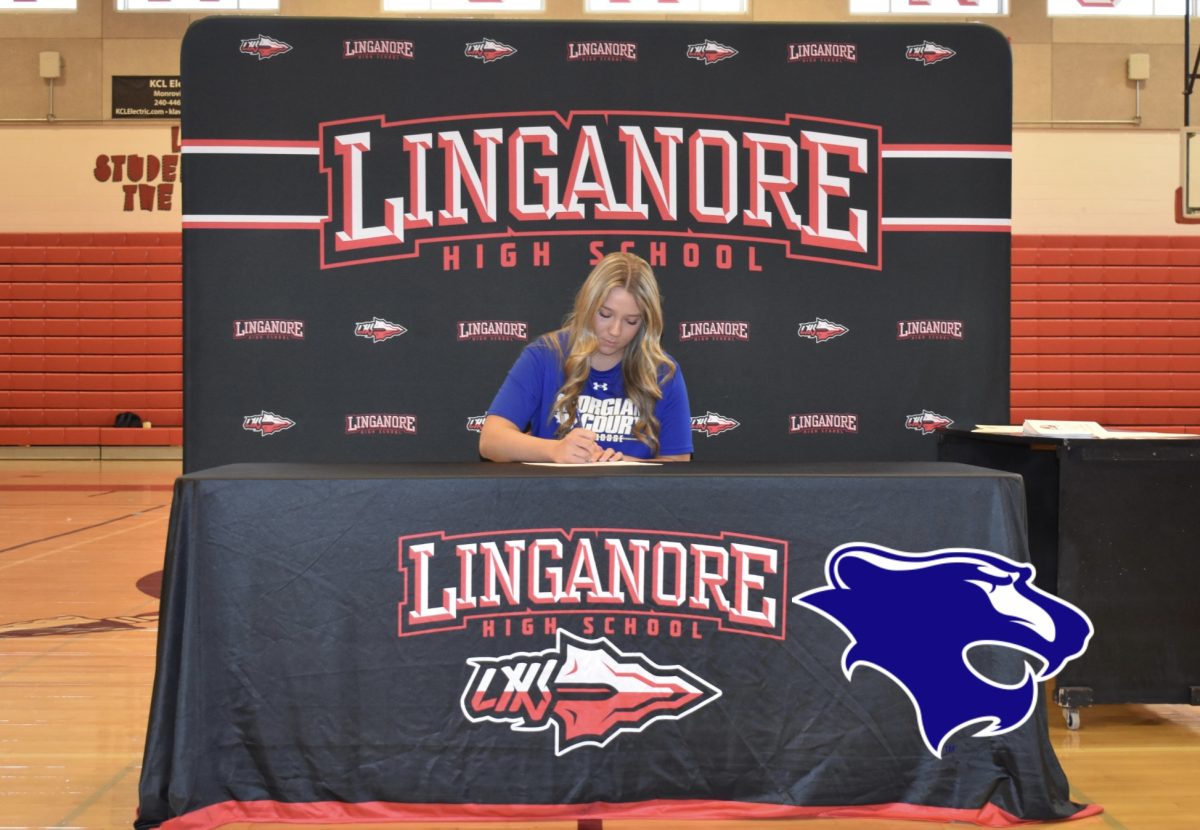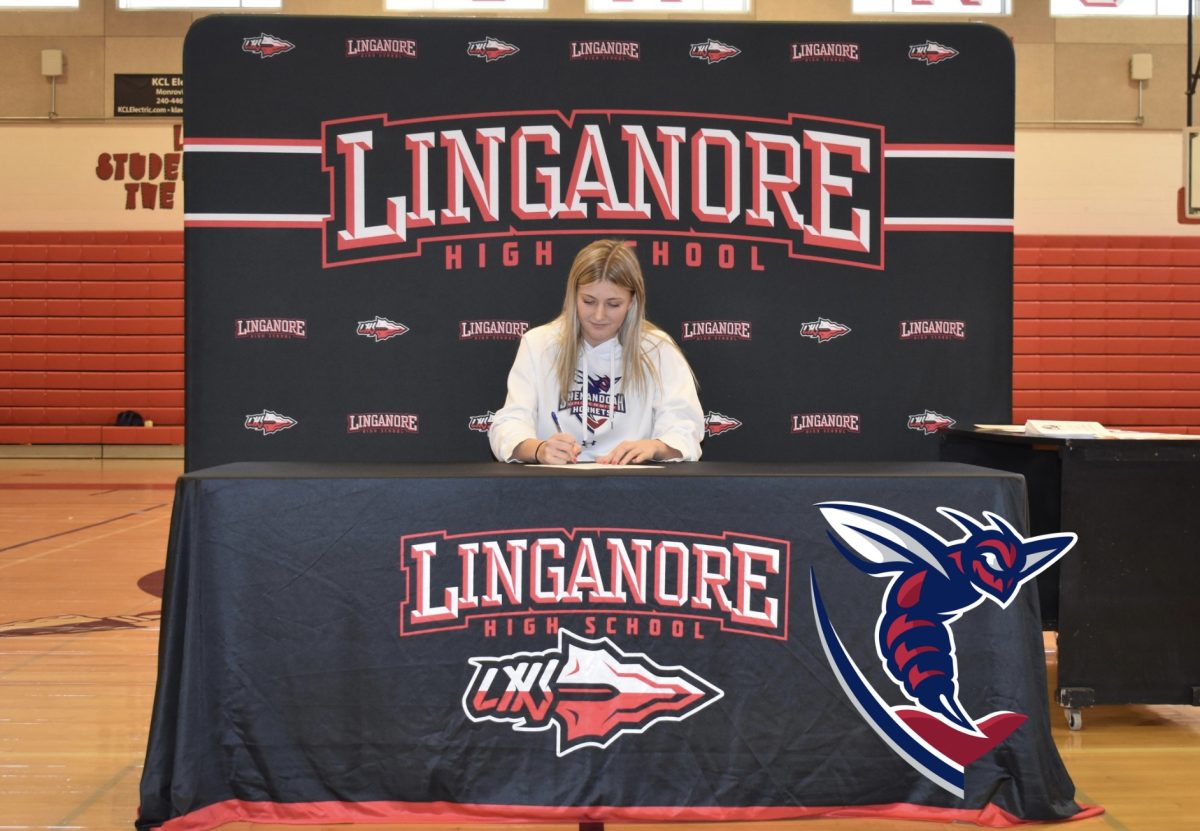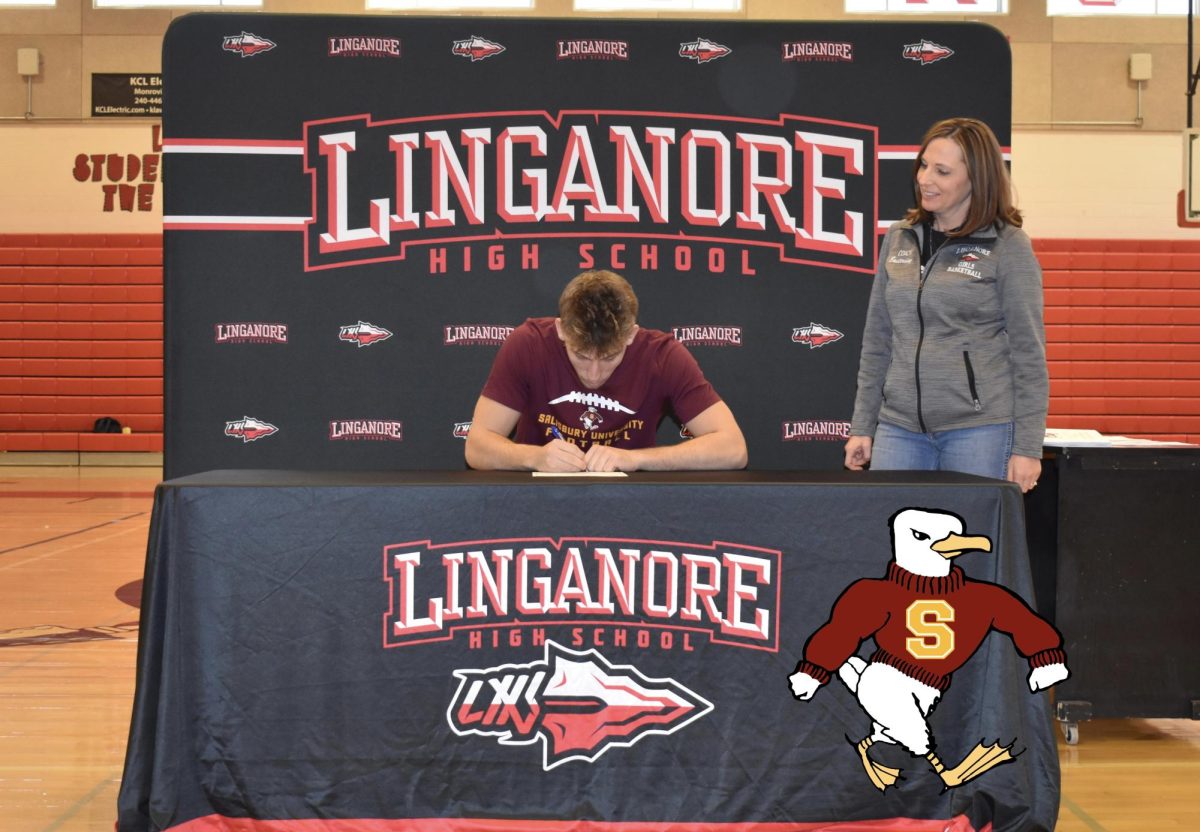A smaller, kinder future for education: 5 ways school will change forever
Snow days are school days in our future educational world.
November 5, 2020
Everyone expects to “return to normal” at school after there’s a vaccine and the dangers of the pandemic are past. Consider this. Virtual school has permanently changed the way we learn, especially in these five significant ways.
#1 -Bring your water bottle.
Custodians have certainly had to step up their game due to the virus, and it may stay that way. Expect that the school system will need to hire and maintain more custodians. Particularly germ-filled areas, like bathrooms and desks, will need special attention.
No one will drink from a water fountain. In the town hall discussion with juniors, Principal Hanlon said that water fountains will be for water bottles only. This is for the better.
According to the lead custodian Michael Bowles, cleaning has changed since the pandemic hit. “We have had to change and adjust our cleaning schedules, routines and even some of the materials we use. Everything now gets cleaned with an all purpose cleaner then gets wiped down again with a disinfectant.”
“On top of our daily duties, I have custodians throughout the day every hour going through the building cleaning and disinfecting doors, door handles, handrails, bathrooms and any other areas as needed. Our evening custodians go through and clean and disinfect all desks, chairs, doors, door handles, bathrooms and any other areas as needed as well as their normal cleaning duties.”
Cleaning routines may stay at their high level in order to maintain cleanliness and to prevent the spread of illness in general, not necessarily COVID-19. This may be a big factor in the winter, considering that it is cold and flu season. Cleaner schools mean fewer shared germs, which may lead to better health. It is likely to increase attendance, and overall morale at school for students and staff.
English teacher Mrs. Patricia Kolias predicts, “The custodial staff will need to increase manpower, duties, and, of course, will need to install equipment like sanitizer dispensers, as well as increase their duties between classes, in hallways and bathrooms, and each night after students leave the building.”
An already difficult job will become more involved.
#2 Say “good-bye” to snow days–and not because of global warming.
Snow days may be a thing of the past considering students can now go to school from just about anywhere with an internet connection. If students can make it through months of virtual school, they may be forced to log onto their computers instead of making snow angels.
On the bright side, with no snow days, we are all headed to the beach earlier in June.
#3 – Virtual School will grow as more students choose to learn online.
Online school has very mixed reviews from students. Some love it, and some cannot wait to be back in school. For those who love it, they may switch to a mostly virtual school schedule even after the world has returned to a relatively normal state. Even though this option was offered before, it may gain some momentum due to the fact everyone was forced to try it.
According to Michael Watson, Frederick County Virtual School Principal, “Last year we had just over 2,000 enrollments in FCVS [Frederick County Virtual School] courses, including summer sessions.” This number may seem very large, but it is projected to grow in years to come after the pandemic.
Watson said, “I expect it [virtual school] to increase and predict that we will have more students looking to enroll full time with FCVS.”
#4 – Smaller Class Sizes –
Even after the coronavirus is over with, other germs and illnesses can be spread. One way to prevent this is to spread people out a bit in the classroom. In order to do this, classes are likely to consist of smaller numbers of people. This means more teachers to keep up with the reduced class sizes. Something that teachers wish for (and fight for in their FCTA contracts) may be forced to happen.
For example, in some classes, there are sometimes as many as 36 students in a room. This probably will not be true in the the future. According to Bowles, “Right now we are able to get 15 students in a room at 6 feet apart.” Even after the danger is past, this may stay the case.
#5 – What will happen to pep rallies?
Large celebrations may be rare even after COVID-19, in order to prevent the spread of germs and illness. Since celebrations may not happen as often, they will be far more meaningful than before. Everyone will be more excited, and compassionate about, the event since it doesn’t happen often. This could mean more exciting pep rallies, dances, and more. Expect pep rallies to return to the stadium.
This does not have to mean just meaningful celebrations.
One long-term result may be a renewed appreciation for teachers.
English teacher Patti Kolias said, “I think students and parents will appreciate teachers more as well as the importance of face to face instructional time.”







Brian Calhoun • Dec 29, 2020 at 5:49 pm
In all reality, the American Education system will eventually adopt the Chinese style of Education – all remote learning, extracurricular activities outside of school, greater competition, harder entrance exams, and obviously fewer opportunities to those who do not put “the time in” to excel.
Suggestion – learn Chinese too.